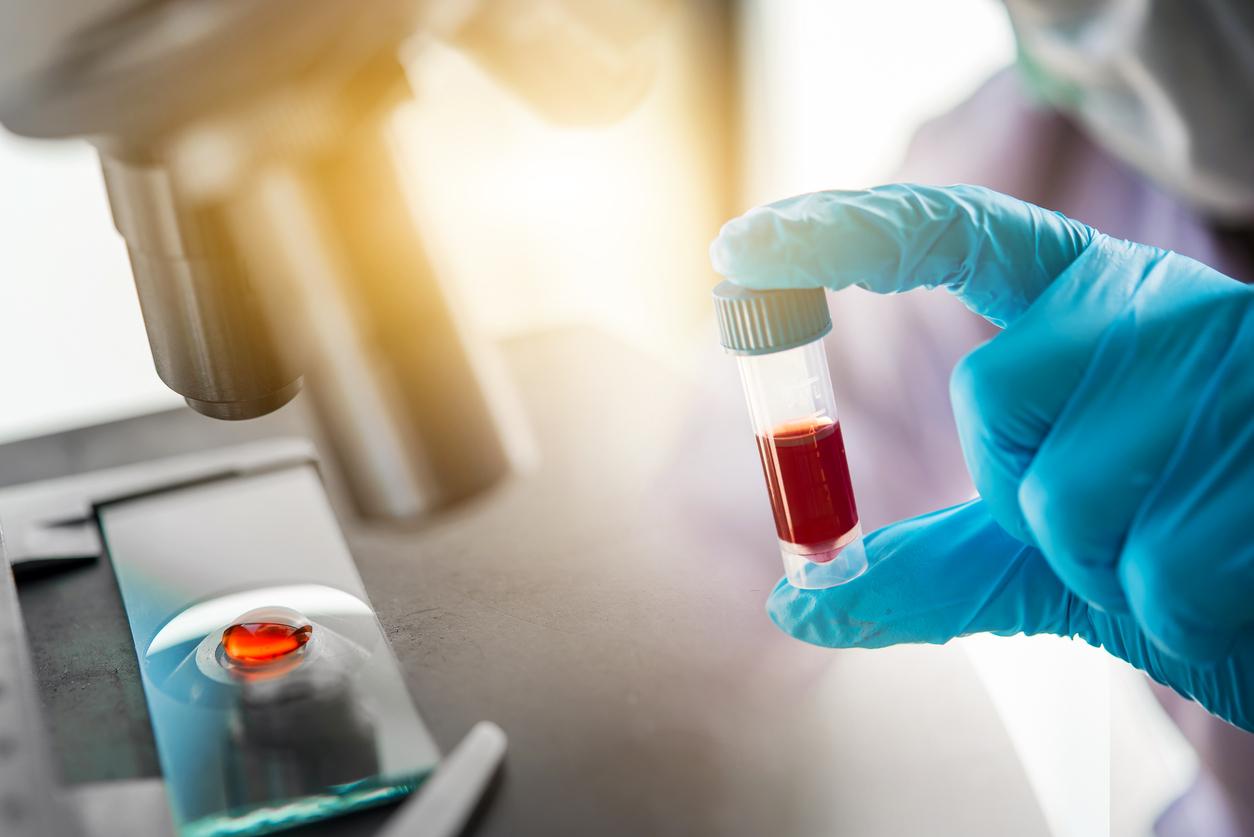After local treatment (radiotherapy, surgery or brachytherapy) and hormone therapy
who ends up not working anymore, patients with Prostate cancer see them PSA level start to rise again while the spread of the disease is not yet visible on CT or bone scintigraphy imaging. “For these patients it is double the penalty! They are told that the cancer relapses despite hormone therapy but that they must wait for the disease to worsen and spread to receive a new treatment” underlines Prof. Karim Fizazi, oncologist specializing in prostate cancer at Gustave Roussy.
A study of 1,500 patients
Very sensitive to male hormones, prostate cancer cells use
androgens to multiply. A study (called ARAMIS) to test the effectiveness of darolutamide, a new androgen receptor inhibitor, was therefore conducted in 409 cancer centers in 36 countries. It included more than 1,509 men with non-metastatic prostate cancer for whom hormone therapy had stopped working.
In this study, patients were randomly allocated between darolutamide and placebo. Their treatment, administered orally twice a day, consisted of two 300 mg tablets of darolutamide or the equivalent in placebo. The patients were seen again in consultation
evaluation every 16 weeks. The efficacy endpoint was survival without appearance of metastases to imagery.
A gain of 2 years without metastases
The results of the study, published in the New England Journal of Medicineshows that the 3-year survival rate is 83% for men treated with darolutamide compared to 73% for those in the control group“The overall benefit for patients is a gain of almost 2 additional years without the spread of the disease” underlines Prof. Karim Fizazi. One of the advantages of darolutamide, in addition to its effectiveness, is also its very good tolerance by patients with fewer marked side effects.
Read also :
Prostate cancer: radiation therapy improves survival
Prostate cancer: MRI would be more useful than biopsy


















